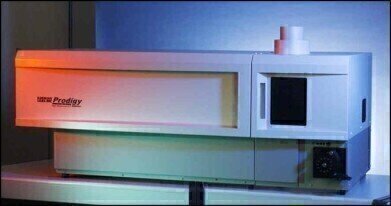Analytical Instrumentation
Determination of Oil Additives using ICP
Mar 16 2011
Nearly all commercially available motor oils contain additives. Additives are used to modify properties of oil to improve its performance. A wide range of additives are used in motor oils. Anti-oxidant’s are added to help prevent the oil from burning when it gets hot. Other motor oils contain additional additives to modify the viscosity of the oil to prevent the build-up of acids. Viscosity modifiers help engine oil maintain a consistent viscosity as the temperature and pressure within the engine changes. Acid inhibitors help combat the formation of rust and presence of water in crankcases. Among the most widely-used additive types are those used for “anti-wear”. These additives typically contain high concentrations of phosphorus, sulphur and zinc, and are used to reduce premature wear of vehicle engines.
Accurate and reliable elemental analysis of Oil Additives requires analytical methodology that is both sensitive and selective.
The Prodigy High Dispersion Inductively Coupled Plasma (ICP) is ideally suited for the analysis of oil additives. The Prodigy from Teledyne Leeman Labs (USA) can determine up to 70 elements in a sample simultaneously in under 30 seconds.
Digital Edition
PIN 25.4 Aug/Sept
September 2024
Analytical Instrumentation - Novel and Rapid LSC method for the analysis of biogenic carbon in fuels Measurement and Testing - Matrix evaluation on the Xplorer-V with Vectra autosampler accordi...
View all digital editions
Events
Nov 04 2024 Abu Dhabi, UAE
Nov 04 2024 Kigali, Rwanda
Nov 05 2024 Toronto, Canada
Nov 05 2024 Paris, France
Nov 12 2024 Cologne, Germany



















